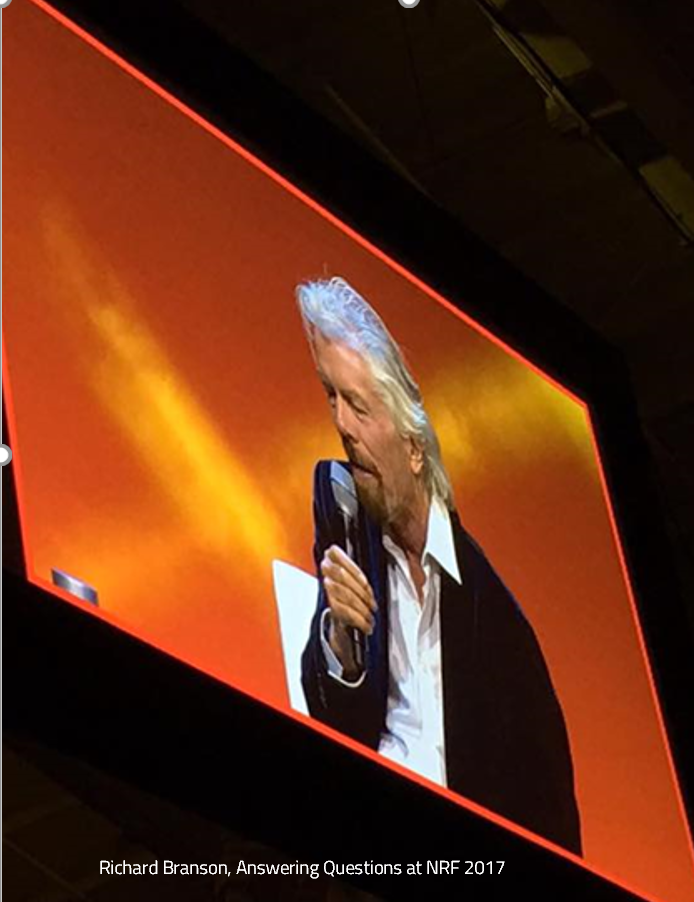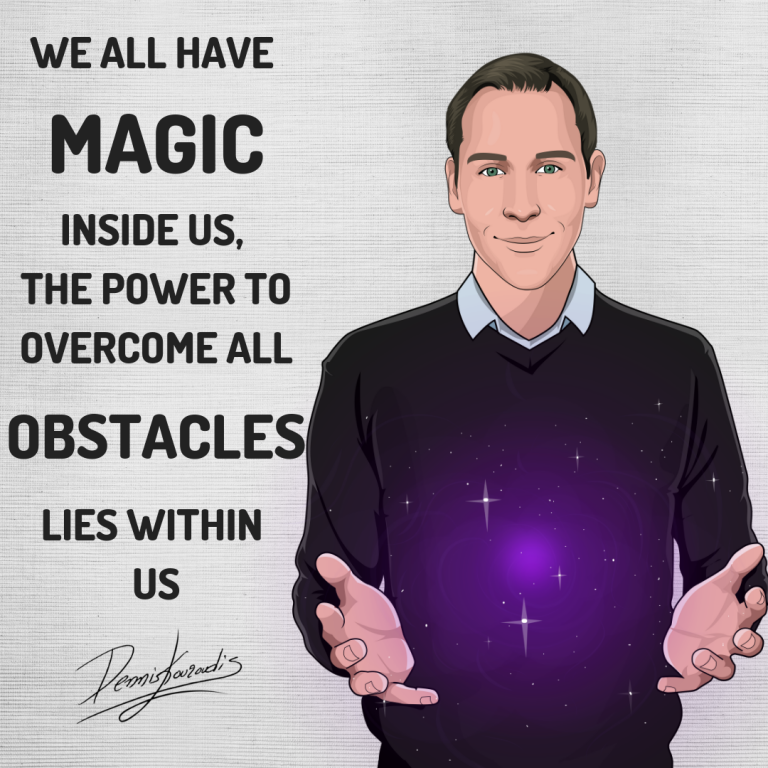Happiness. Success. Meaningful rapports – with oneself, others, and the world.
When thinking about famous questions in decision making, the first one that comes to mind was Hamlet’s ‘to be or not to be’. Of course, you might be wondering what Shakespeare’s Hamlet has to do with professional or personal development, or even decision making. As life would have it, while I was trying to pen a text for you explaining what my train of thought on the matter was, I received an email from the School of Life for Business, containing a text exactly on the topic – call it coincidence or strike of luck. It is so well written, the analysis so good, that I feel I would do you a disservice if I didn’t share it as is. It is an eye opener for anyone struggling with tough decisions. I do not know who the author is, but I thank him/her and the School of Life for Business for the wonderful insight (full text below): https://mailchi.mp/99a5eeb545eb/the-school-of-life-for-business-journal-december-edition-58741?e=32de5344cf.
‘When assessing someone’s potential for leadership, intelligence remains a primary metric within most organisations. Academic qualifications are the cornerstone of a C.V., with top roles in many firms open only to those who’ve attended prestigious institutions and left with exemplary results. Yet when it comes to a key attribute all effective leaders require – decisiveness – intelligence can become not so much an asset as a direct hindrance. What might seem like a rather technical point about business skills turns out in fact to be one of the central themes in perhaps the greatest work in English literature: Shakespeare’s Hamlet. Prince Hamlet is the smartest guy in the room: a student at Wittenberg University (the Harvard of renaissance Europe), able to run logical and rhetorical rings around everyone at the Danish court. When his father’s ghost bids him to avenge his murder by his uncle Claudius, Hamlet has to decide: either to kill his uncle (and widow his mother); or to disobey his father and allow his murder to go unpunished.
Faced with a difficult decision where neither option is cost-free, Hamlet does what many of us do: he procrastinates. He feigns madness; flirts with (then insults) his sometime girlfriend; muses grandly on the ethics of suicide and the folly of man. His intellect leads him to delay rather than act: he wastes time devising hopelessly complex, roundabout plans for assessing his uncle’s guilt, like staging a play about murder just to see his reaction. When presented with an ideal opportunity to kill Claudius (finding him alone with his back turned, in prayer), his schooling in divinity (which teaches that soul of a man killed in prayer would immediately ascend to heaven) prevents him from taking it. All his learning and erudition cannot ameliorate the fact that, as he puts it, “I am pigeon-livered, and lack gall”. “Lapsed in time and passion”, his inaction finally forces him to make hasty, panicked decisions – namely, accidentally stabbing the wrong person, setting in motion a chain of events that will see nearly every character killed by the play’s end, including himself.
Imagine Hamlet not as a Danish prince, but as the CEO of a large company. In many ways, he seems an ideal leader: he knows his business back to front; he can communicate in a clear and compelling way; he can to convince even the most recalcitrant employee or department head of his point of view. Yet faced with a major decision – a potential merger, say – he freezes. He locks himself in his office, pouring over proposals and balance sheets. He covers his desk with post-it notes; draws vast, labyrinthine flow-charts; composes endless lists of pros and cons of various options – none of which bring him closer to a firm conclusion. He stays late, paces and swears a lot. He postpones taking a decision until the very last minute – or perhaps beyond it. In moments of uncertainty, he allows the organisation to ground to a halt.
This example illustrates the central pitfall that many intelligent people fall into: they fear making the wrong decision more than they fear a delayed one. They have a misguided faith in existence of a single, self-evidently right decision, and an abject terror of failing to find it. They believe that their considerable powers of reason ought, given time, make this choice plain. So they delay, and tie themselves in knots in search for a perfect solution where none in fact exists.
Effective decision-makers accept that their judgement will not always be perfect – trusting instead that the balance of their choices will ultimately tend towards the good. Almost every decision – those made on the basis of vague predictions about an uncertain future – has a downside. Accepting this, and learning to seize on what appears to be least bad (and therefore “good enough”) option is what’s required to make timely judgements. What’s certain is that inaction is no balm – a decision made under duress is almost guaranteed to be less wise than one taken out of expediency.’
I hope you enjoyed the text as much as I did. Let me know what you think at ioana@ioanastraeter.com
Keep Growing
Ioana








